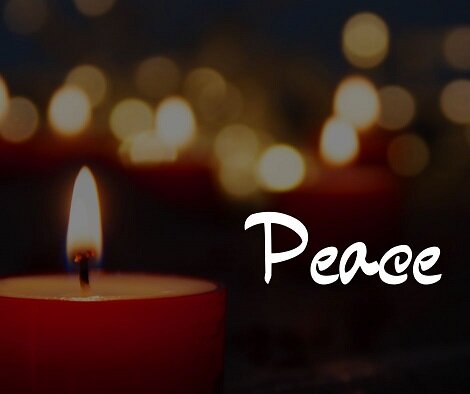Spiritual Family > Social Distancing
/My heart breaks when I think of people who have been cut off from their social networks. It’s more than just cabin fever. It is social death for many people. If your primary social network is work, being laid off and unable to enjoy fellowship at the office or plant is difficult. If your primary network is a club or recreation league, social distancing makes it easy to lose your sense of belonging. It’s hard to not see your friends and classmates at school too.
When you belong to a spiritual family like FCC, the bond is not broken so easily. Our staff, council, and LifeGroup leaders are working hard to make sure you know you belong and are connected. Even then, there is something that makes spiritual family different than other social connections. Spiritual family isn’t based on shared interest, employer, or classroom. It is based on an eternal Father and his only begotten Son. Social distance is no distance at all for God to cover. Jesus has already bridged a much bigger gap. We’re in this together, brothers and sisters! To see how some of your sisters and brothers are navigating the shelter-in-place, click below.














